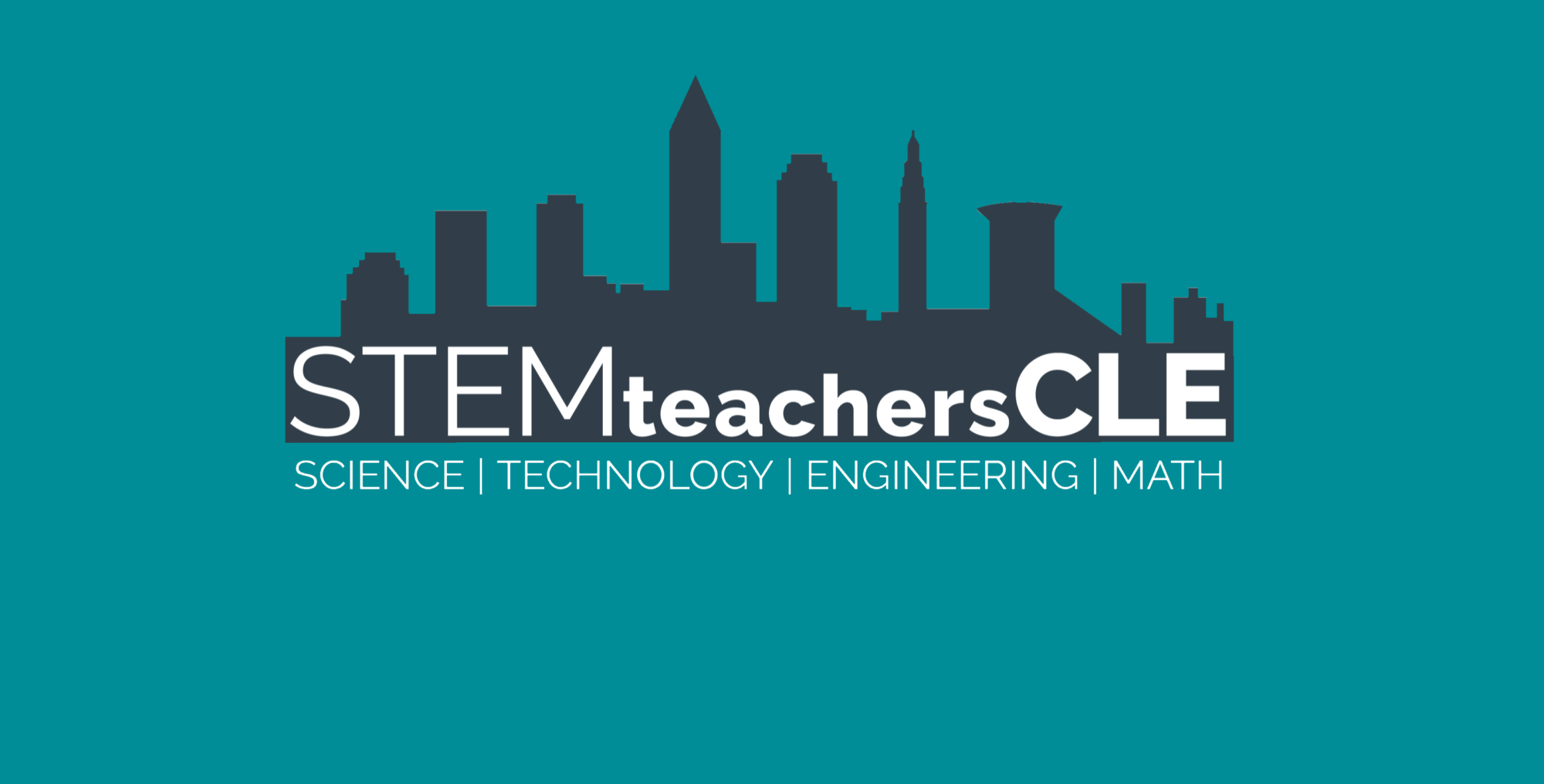August 2018 Sessions (Cleveland State University)
Kinematics: Make & Take Rubber Band Car PLUS Intro to 3-D Printing
John Seabolt (Theodore Roosevelt HS, Kent)
Interested in hands-on projects and technology in your classroom? Join Dr. Borkar, Program Director of Graduate Studies Department of Mechanical Engineering (TENTATIVE) to see how 3D printers work! Learn how to design a drawing to 3D-print. Then learn how to construct a constant acceleration machine out of cardboard, and take home your working model.
Making Meaning out of Data
Jeremy Secaur (Elyria High School), Molly Sauder (Twinsburg High School)
Have you ever noticed students doing a lab, getting a “result”, and then having no idea how to connect it to the concepts discussed in class? How can we help students to make these connections? In this workshop, we will discuss approaches to helping students understand the meaning of their data. Through a simulated-classroom environment, we will practice these approaches, along with strategies for developing meaningful student dialog.
This workshop is aimed toward all Middle and High-School Science and Math Teachers who want to help their students better understand and use graphs.
September 2018 Sessions (St. Vincent-St. Mary High School)
Use of a robust particle model for better student comprehension of matter and change
Holly McTernan( St. Edward High School) & Jessie Sun! (Laurel School)
This workshop will explore the use of a robust particle model to develop student reasoning skills in chemistry. Emphasis will be placed on the use of the particle model as an overarching strategy to improve student understanding of the structure of matter and to improve student ability to offer precise explanations for changes of matter supported by clear and accurate representations. The workshop will be interactive and practical focusing on states of matter, energy changes in phase changes, and conservation of matter.
Reaching Students Through Discourse: Reluctant to Enthusiastic
Rebecca Butler (Buchtel CLC)
We know that students talking and debating science helps us understand their thinking and helps students deepen their thinking. But most groups of students don’t know how to do participate in these discussions. In this session, we’ll lead you through how to build these skills by debating real-life issues. We’ll talk about strategies for dealing with different cultures and different levels of English language ability.
October 2018 Sessions (Elyria High School)
Investigating Enzymes
Matthew Kennedy (Laurel School)
This series of activities will help students understand what affects enzyme activity. What are the things that make enzymes work? What are the factors that influence how enzymes work? You will be shown activities that take very little tech to help students better understand what goes on.
A Modeling Approach to Energy – Building a Bridge from Physics into Chemistry
Kristen Schuler (St. Joseph Academy), Ray Rossman (Laurel School)
Scientists learn by doing. They construct and deploy models of the real world to predict new phenomena. Modeling Instruction, a student-centered instructional design, focuses on replicating this process to turn students into scientists. In this session, participants will be introduced to Modeling Instruction through the lens of a Physical Science unit on energy. Through demonstrations, hands-on activities, and laboratory practicals, participants will engage in a modeling cycle that involves both constructing an energy model and putting it to the test. Lastly, discussion for extending the model to form a fluid transition into chemistry will be explored.
November 2018 Sessions (Beachwood High School)
Natural Selection: Using Simulations and Storyboards to Demonstrate How Populations Change
Alex Paulchell & Lisa Bugenske (Beachwood High School)
HOW do populations change over time? WHY do populations change over time? In this workshop we will use different simulations and models to help students answer these important questions. You’ll learn how to “see” what students are thinking and identify many of the common pitfalls surrounding students’ ideas about evolution. You’ll come away with activities and various ways for students to represent changing populations — adaptable to all levels of Biology.
Center of Mass
Michael Lerner(Beachwood High School), Linda Pollack(Theodore Roosevelt HS, Kent)
When you draw a force diagram, what does does the dot in the center mean? And what happens if you change what that dot represents? Starting with this idea, in this workshop, we talk about how to use systems and center of mass to simplify otherwise-difficult problems. You’ll be given access to labs and problems that help build the idea of center of mass–great for all students of physics and perfect for AP Physics 1 classes.

